stunted growth in my sq ft garden
organic_tx_gardener
14 years ago
Featured Answer
Comments (14)
ribbit32004
14 years agorj_hythloday
14 years agoRelated Professionals
Fillmore Landscape Architects & Landscape Designers · North New Hyde Park Landscape Architects & Landscape Designers · Fairfield Landscape Contractors · Hickory Hills Landscape Contractors · Las Vegas Landscape Contractors · Merced Landscape Contractors · Plantation Landscape Contractors · Washington Landscape Contractors · Goldenrod Landscape Contractors · Norridge Landscape Contractors · Albany Fence Contractors · Antelope Fence Contractors · Fallbrook Fence Contractors · West Jordan Fence Contractors · Orangevale Fence Contractorsgreenbean08_gw
14 years agoshebear
14 years agoDan _Staley (5b Sunset 2B AHS 7)
14 years agopedmond
14 years agoDan _Staley (5b Sunset 2B AHS 7)
14 years agotapla (mid-Michigan, USDA z5b-6a)
14 years agoheather38
14 years agoorganic_tx_gardener
14 years agomatrixman
14 years agomatrixman
14 years agolgteacher
14 years ago
Related Stories
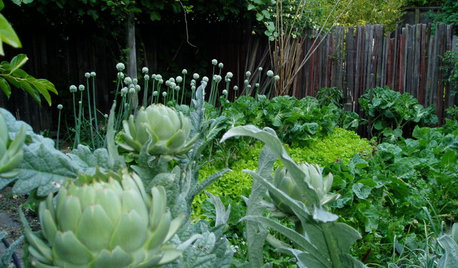
FRONT YARD IDEAS10 Ideas for a Front-Yard Edible Garden Your Neighbors Will Love
Choosing attractive, well-mannered plants and sharing the bounty will go a long way toward keeping the peace
Full Story
CONTEMPORARY HOMESHouzz Tour: Foresight Pays Off in Atlanta
Seeing the growth potential leads to a couple’s creative live-work space in a newly desirable neighborhood
Full Story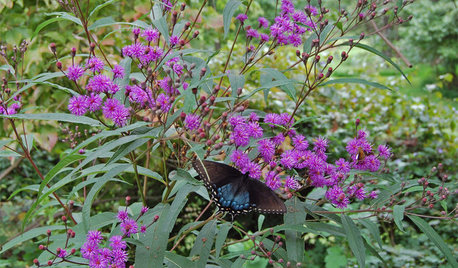
GARDENING GUIDESGreat Design Plant: Vernonia Noveboracensis
Stately New York ironweed attracts pollinators with its blooms at the end of summer and birds with its seeds in fall
Full Story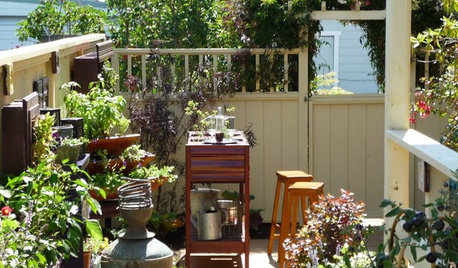
GARDENING GUIDES15 Ideas to Try in Your Garden This Year
These gardening stories were tops among Houzz readers. Which ideas might you try this year?
Full Story
GARDENING AND LANDSCAPINGBid Bad Garden Bugs Goodbye and Usher In the Good
Give ants their marching orders and send mosquitoes moseying, while creating a garden that draws pollinators and helpful eaters
Full Story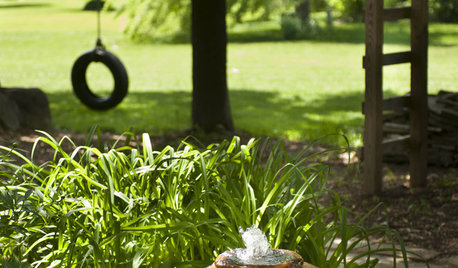
GARDENING AND LANDSCAPINGHow to Give Your Garden More Soul
Feel more at home in your garden by giving it deep, personal meaning
Full Story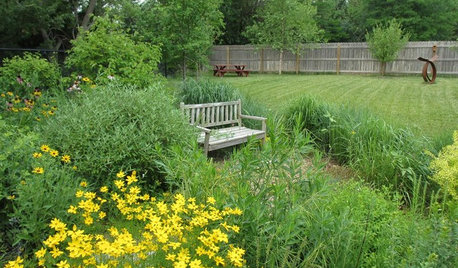
GARDENING GUIDESHow to Design a Garden That Lasts
Climates are changing. Wildlife is evolving. Can your garden keep up?
Full Story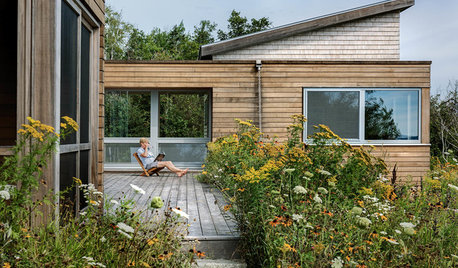
GARDENING GUIDES3 Ways to Revel in Summer Garden Sweetness
Patiently observe what works and doesn’t work in your landscape
Full Story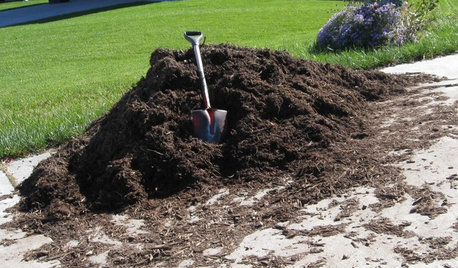
FRONT YARD IDEASBefore and After: Front Lawn to Prairie Garden
How they did it: Homeowners create a plan, stick to it and keep the neighbors (and wildlife) in mind
Full Story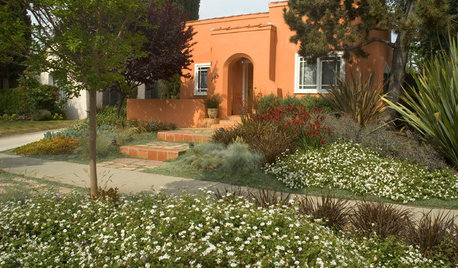
GREAT HOME PROJECTSHow to Replace Your Lawn With a Garden
New project for a new year: Lose the turfgrass for energy savings, wildlife friendliness and lower maintenance
Full Story





tapla (mid-Michigan, USDA z5b-6a)